Black Carbon Module
1.300,00 €
The Black Carbon Module is a real-time, 5-wavelength UV-IR monitor that detects black carbon using microAeth® technology from AethLabs. Designed for outdoor use, it provides detailed insight into the composition and sources of carbon-based particulate pollution. With built-in sensors for humidity, temperature, pressure, and motion, it seamlessly integrates into Clarity networks to support advanced air quality monitoring for health, climate, and environmental research.
5 in stock
Description
Black Carbon Module – Advanced Insight into Airborne Soot Pollution
The Black Carbon Module is a high-precision sensing solution designed to detect and characterize one of the most harmful components of air pollution — black carbon. Often referred to as soot, black carbon is a major constituent of fine particulate matter (PM2.5) and is predominantly produced by the incomplete combustion of fossil fuels, biofuels, and biomass. Its primary sources include diesel engines, wood-burning stoves, and wildfires, making it a pollutant of both anthropogenic and natural origin.
Unlike many other pollutants, black carbon plays a dual destructive role: it directly endangers public health and contributes significantly to climate change. It is known to exacerbate cardiovascular conditions, increase the risk of premature mortality, and acts as a potent short-lived climate pollutant, accelerating glacial melt and contributing to regional climate disruptions.
Built on cutting-edge microAeth® technology from AethLabs, the Black Carbon Module is seamlessly integrated into Clarity’s smart sensing networks. This next-generation device enables highly accurate real-time monitoring using multi-wavelength UV-IR measurement (five distinct wavelengths), allowing for spectral differentiation of black carbon sources. Whether the pollution originates from diesel exhaust, biomass burning, wood smoke, or even tobacco, the module can identify and distinguish between combustion signatures through advanced optical analysis.
Designed for outdoor deployment, the module is weather-resistant and easily mounted on street poles or along fencelines, making it ideal for urban, industrial, or environmental monitoring applications. It also features a range of built-in sensors, including an accelerometer, altimeter/barometer, and temperature and relative humidity sensors, further enhancing the context and accuracy of the data.
With the ability to track one of the most dangerous yet often overlooked pollutants, the Black Carbon Module provides critical insights for researchers, policymakers, and environmental professionals working to reduce health risks, understand pollution sources, and mitigate the impacts of climate change.
Additional information
| Weight | 0,5 kg |
|---|---|
| Dimensions | 40 × 20 × 40 cm |

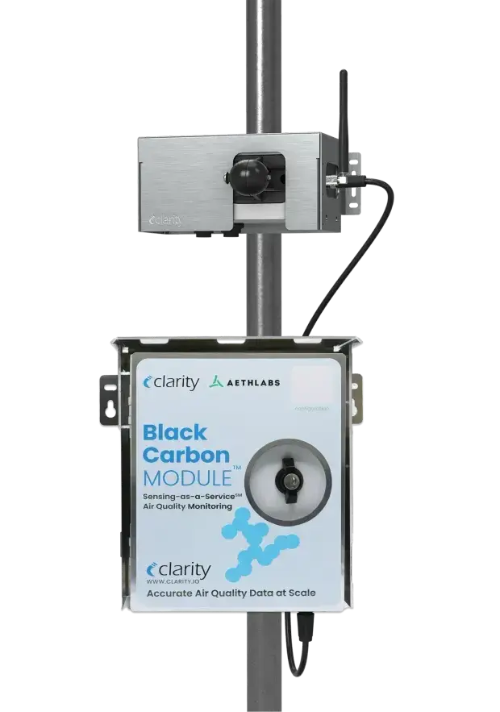
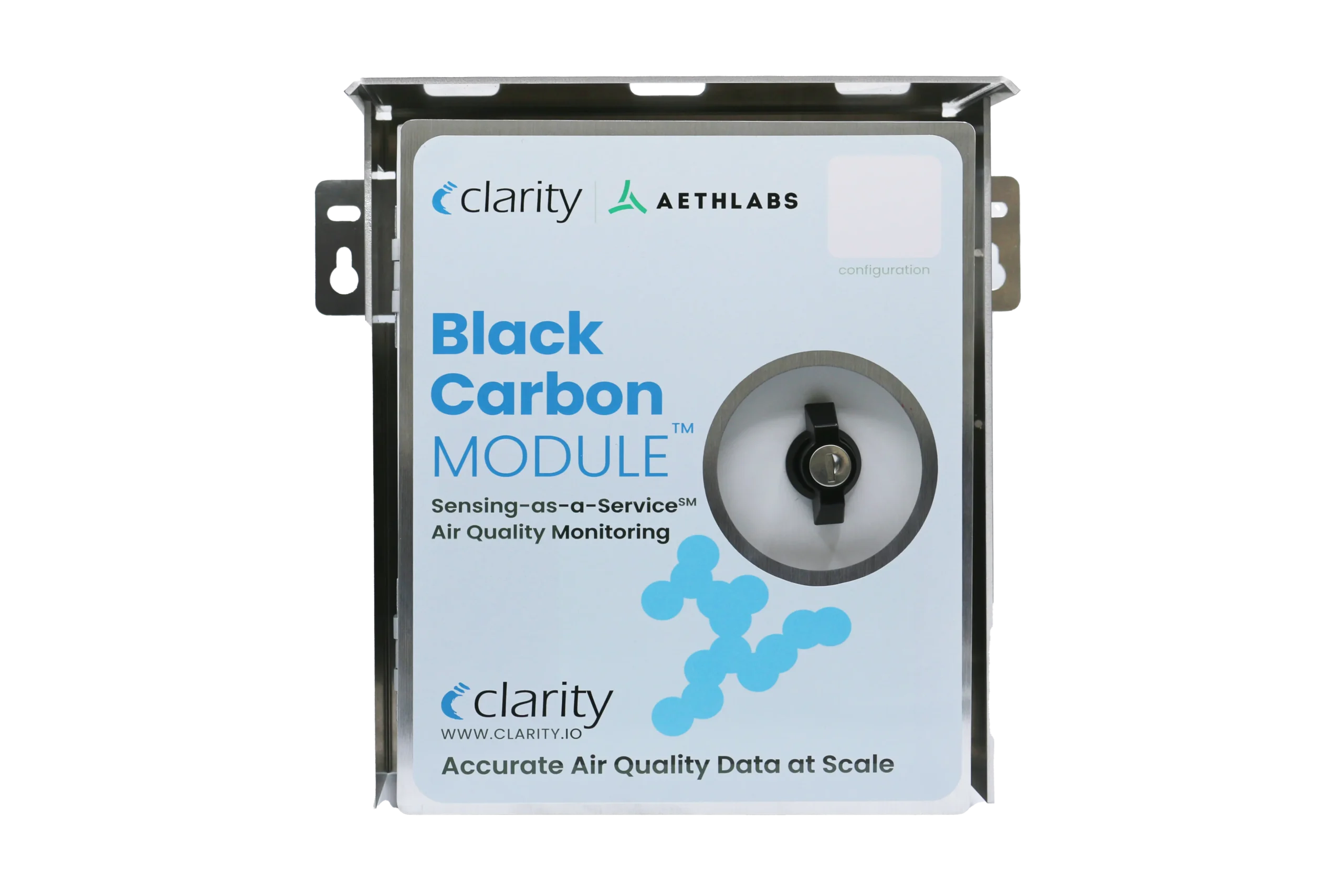
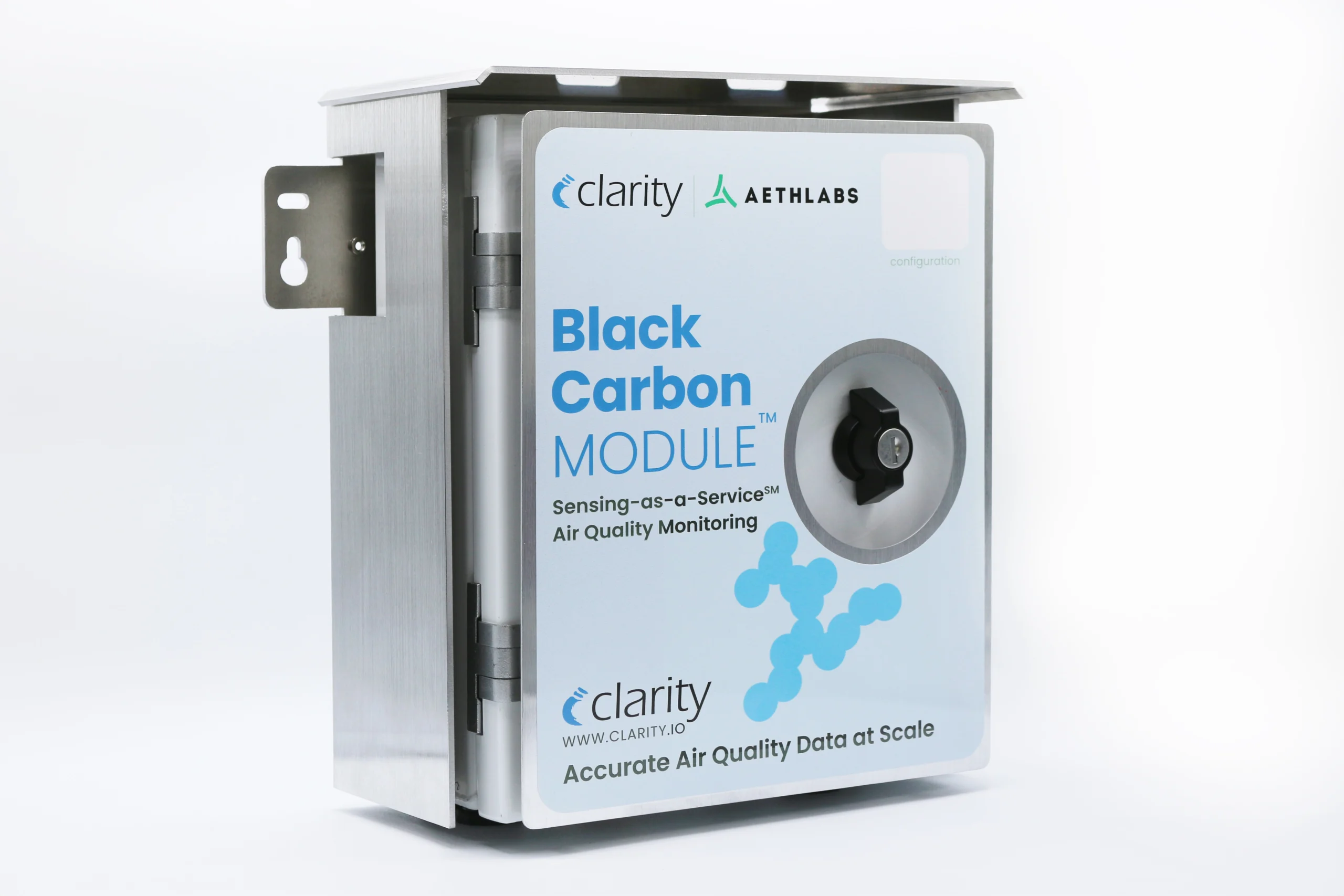
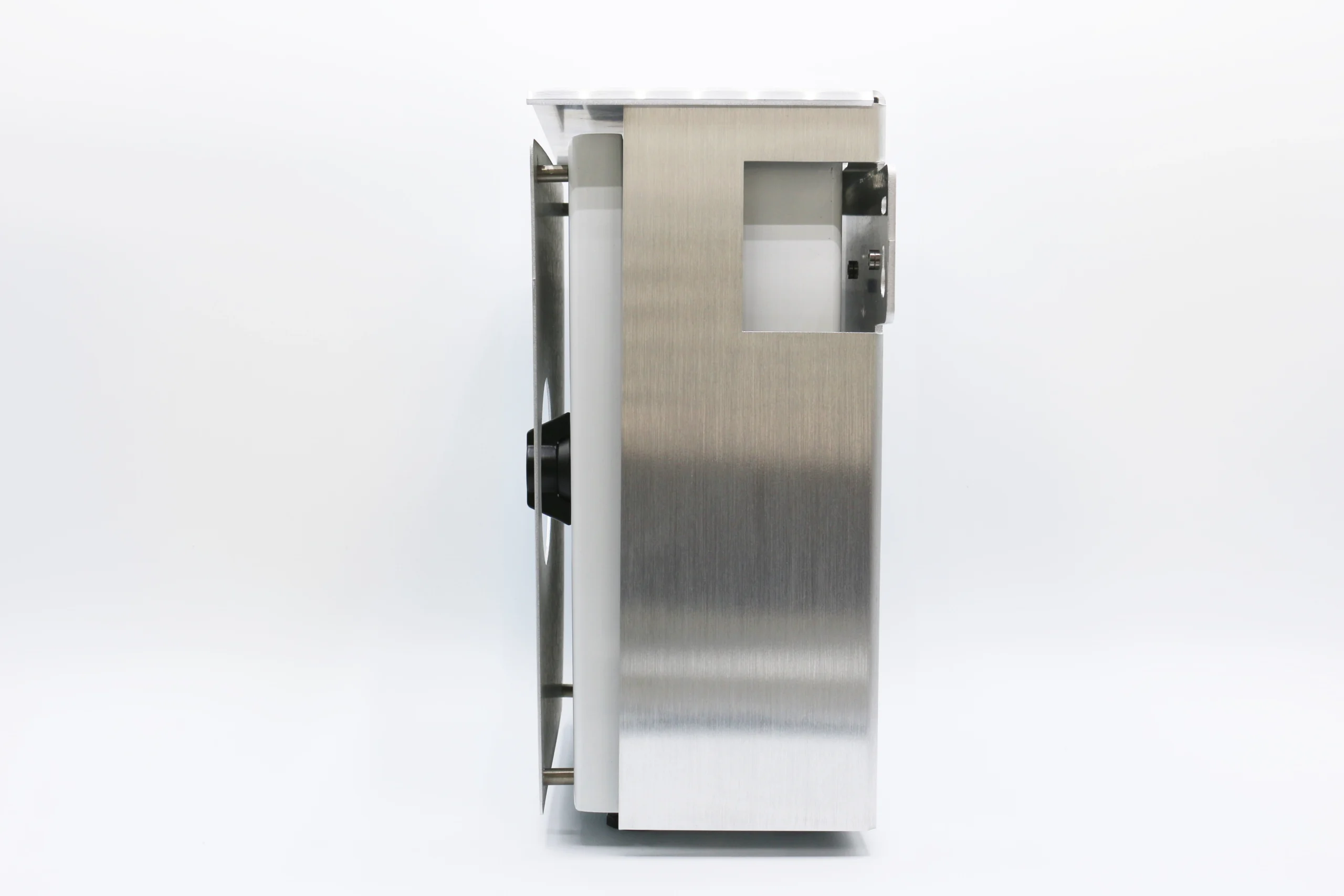
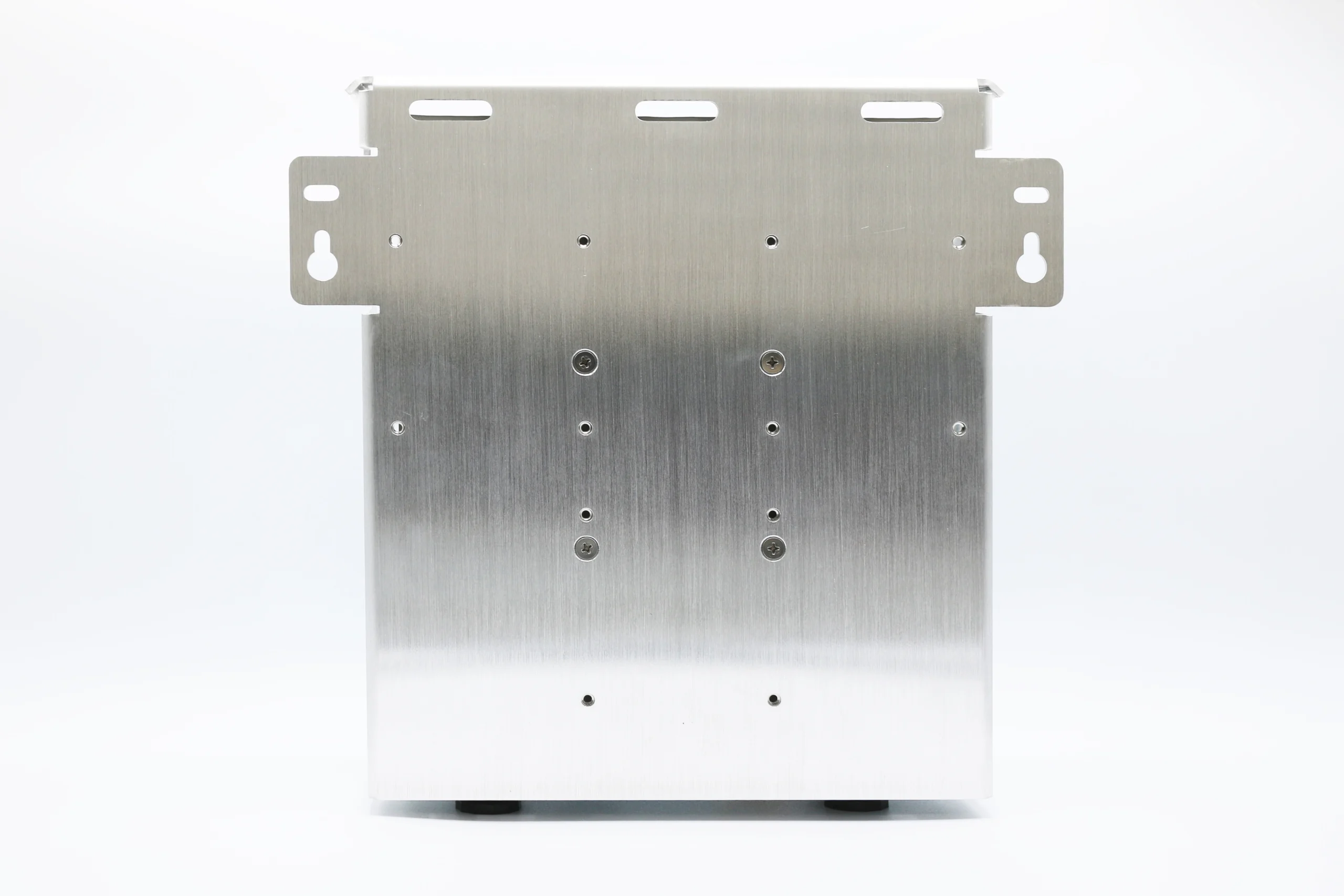
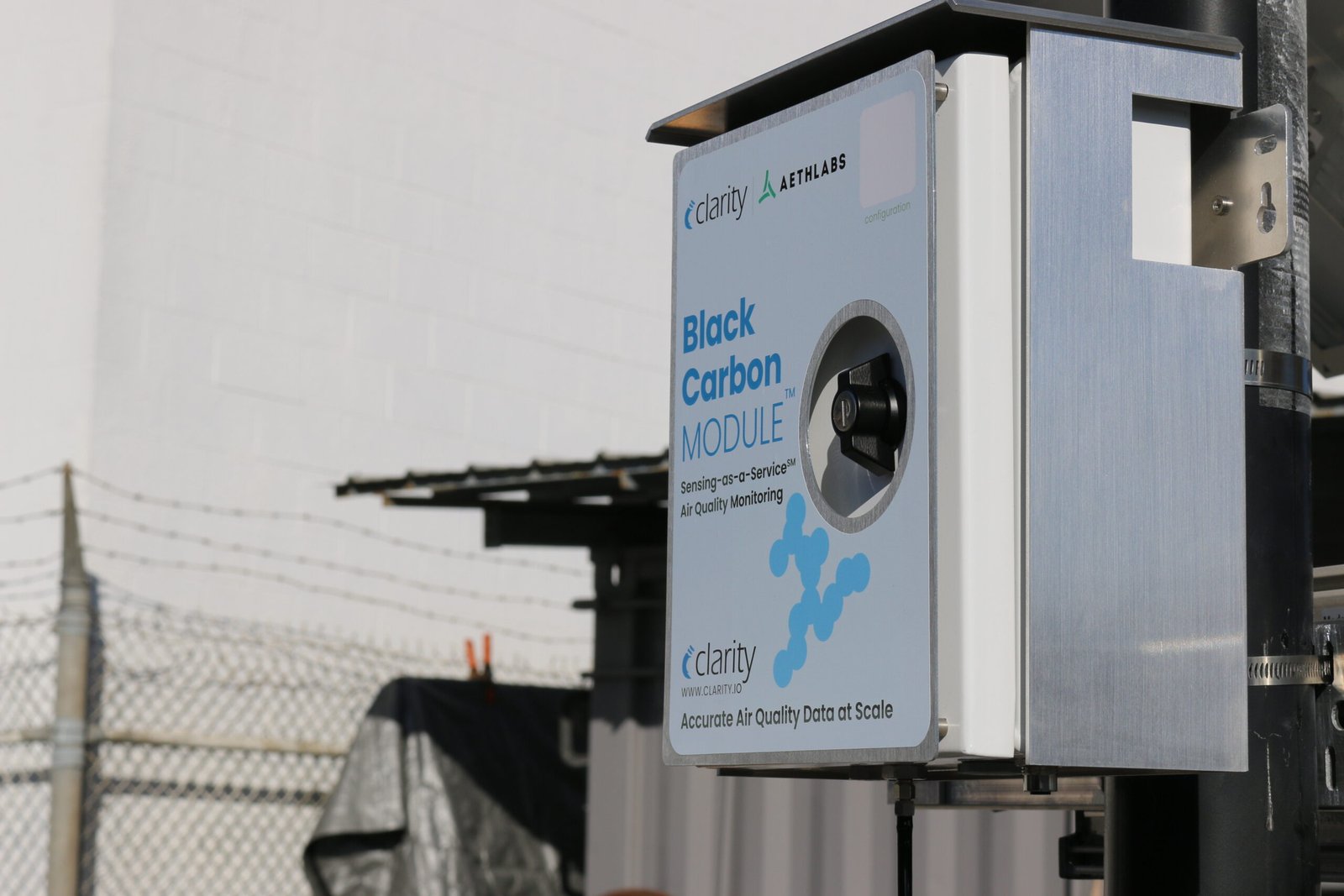
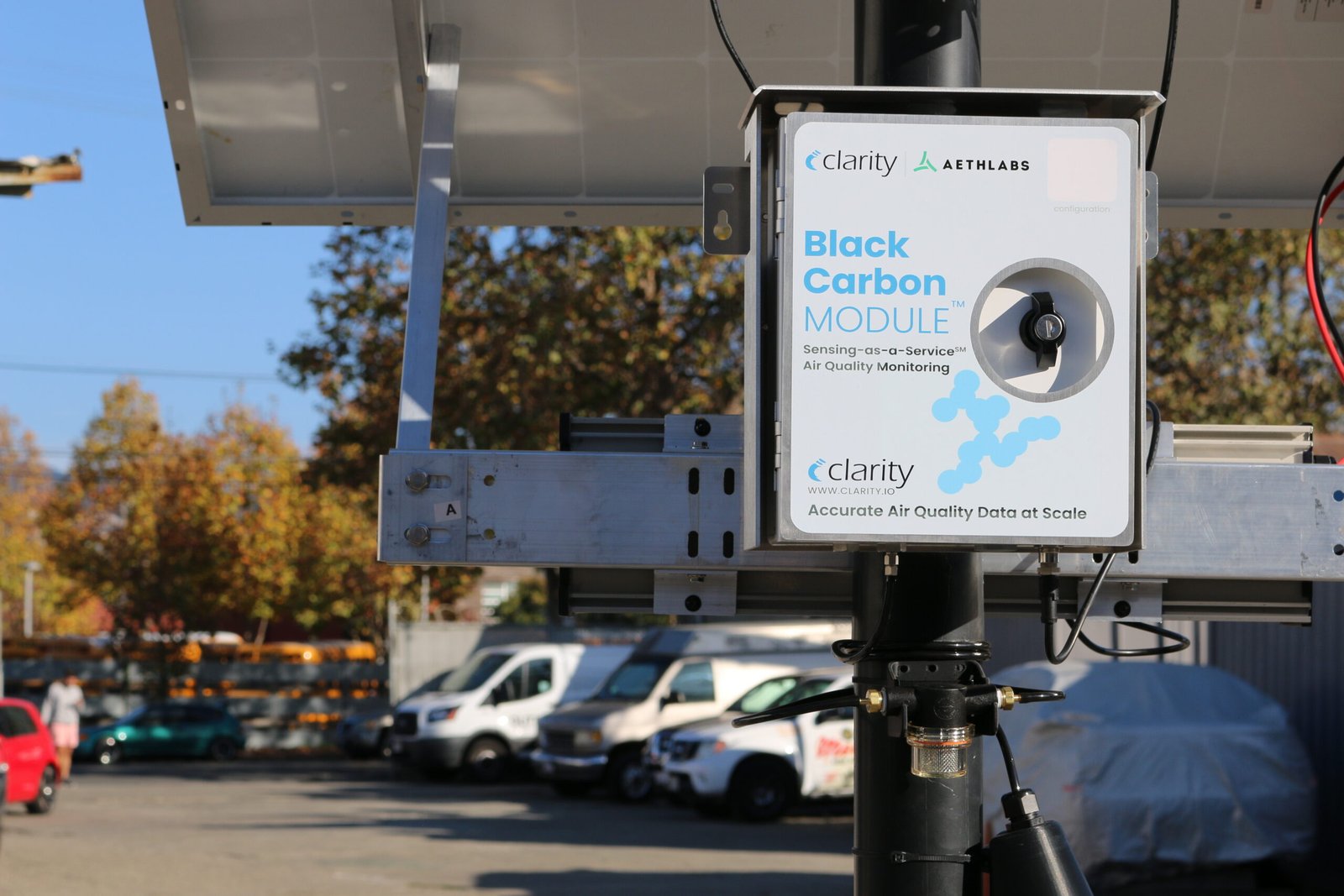
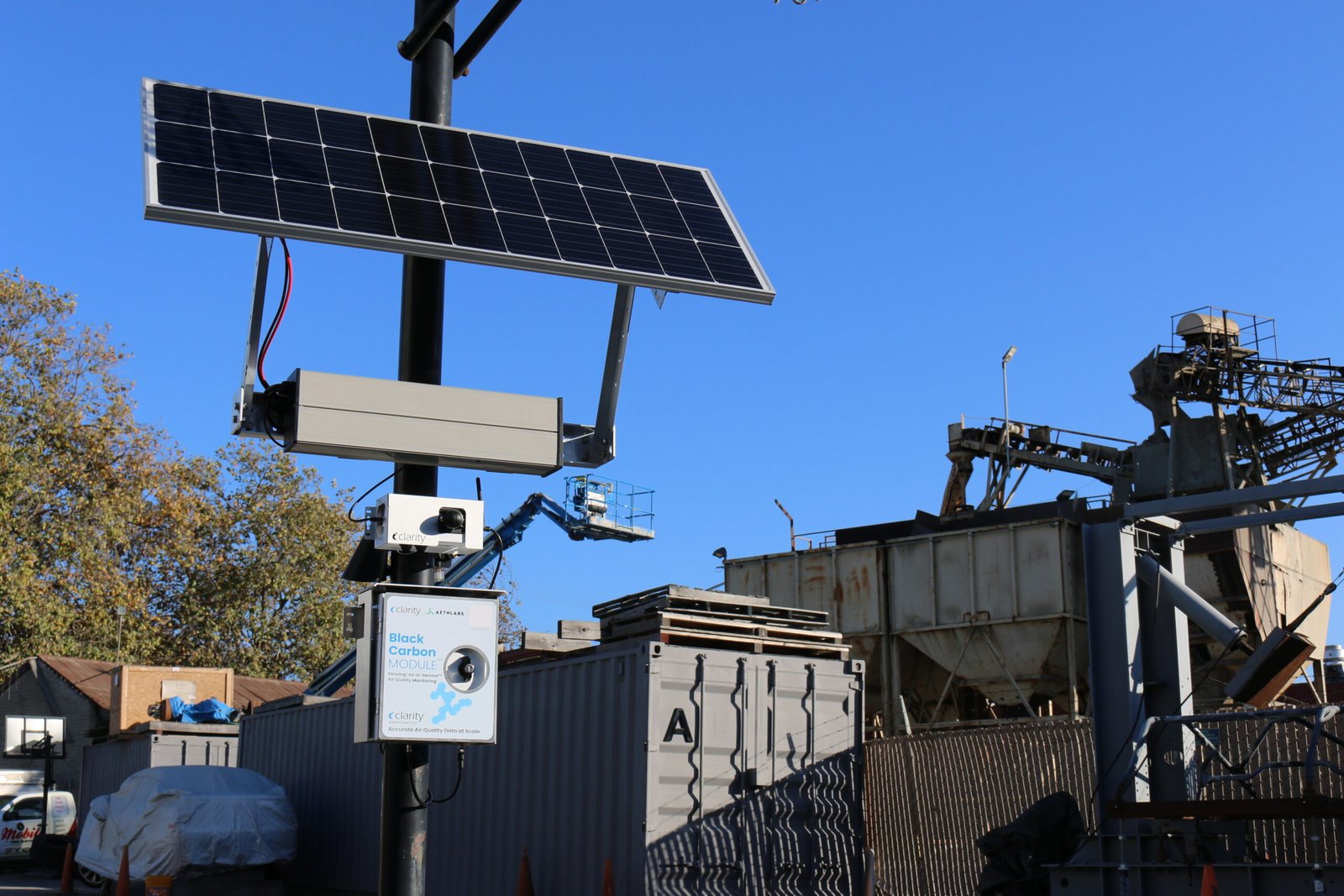
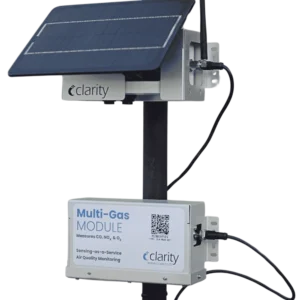
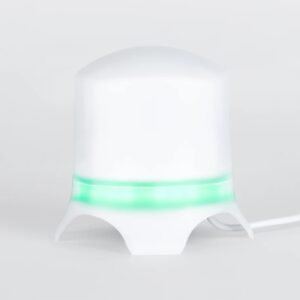
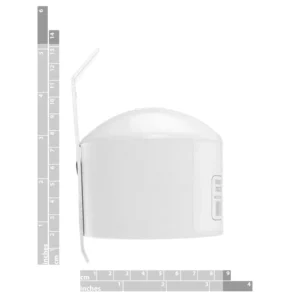

Reviews
There are no reviews yet.